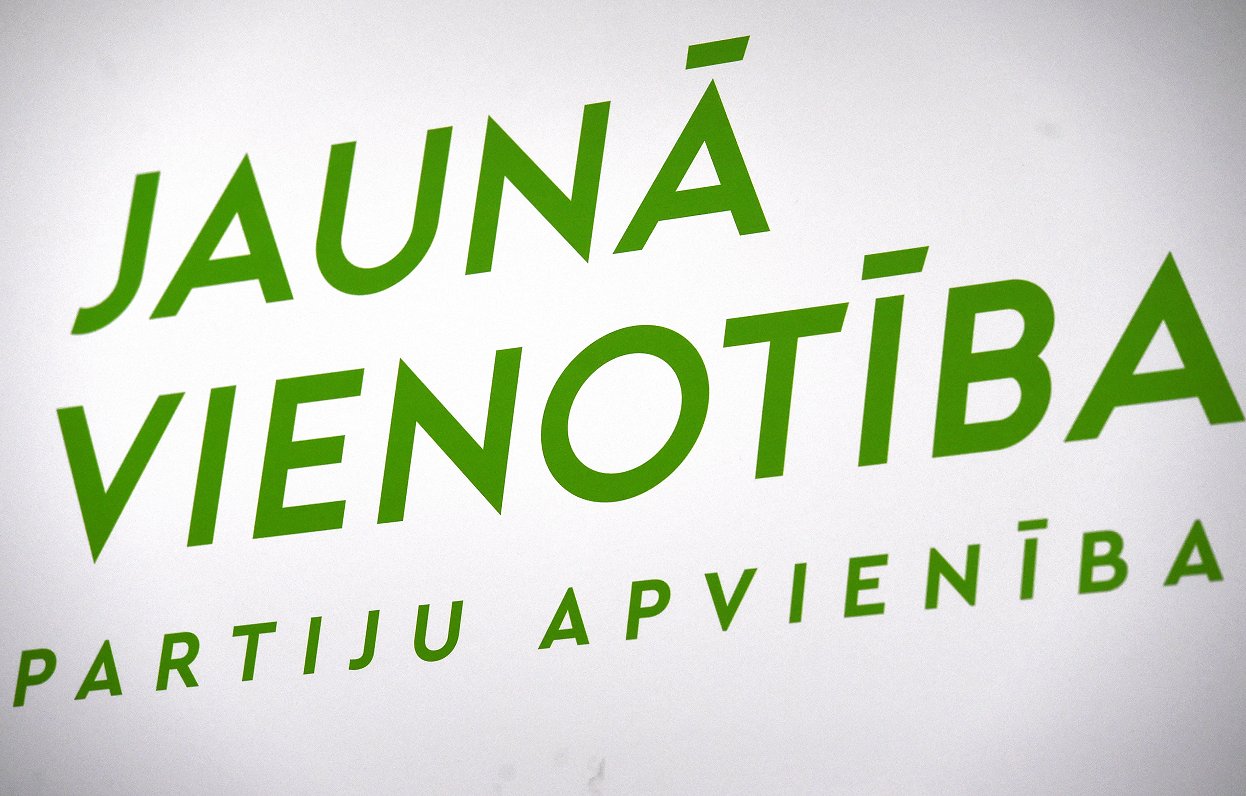1. How do you plan to reform public administration?
a) An e-government, friendly to locals and businesses, will reduce the need for official involvement and manual paperwork;
b) A ban on requests for information that's already on official databases will reduce visitor flow;
c) There should be a centralization of support functions (and centralized procurement, if outsourcing is possible and useful) so each institution doesn't need to hire bookkeepers, couriers and cleaning people;
d) An elastic salary system for state employees will make it possible for them to do more using less human resources;
e) An audit of functions, processes and laws, making a concerted effort to work quickly, and the introduction of simpler laws with fewer exceptions would mean fewer people are needed to carry out these functions. The efficiency and usefulness of state agencies should be reviewed.
2. What are the three ministries you would most like to lead?
The New Unity union of parties has strong candidates in all niches; we're ready to take responsibility for the state in order to turn Latvia into a strong, socially just national and European country and to improve the welfare of the people. If only a few areas should be named, New Unity would like to take political responsibility over the Education, Foreign Affairs and Justice ministries.
3. How should the work of the Corruption Prevention and Combating Bureau (KNAB) be changed?
The work of the KNAB is directed by the KNAB law. We think there's no reason to review the bureau's functions and status. Deputees of the Corruption Prevention Subcommittee at the Saeima have seen and testify that KNAB is working actively, that the review time for criminal and administrative cases is decreasing.
For the first time in the history of KNAB -- to improve control over the election campaigns of political parties -- the public can use a special mobile app, Ziņo KNAB. We would like the bureau to be active not only in doing its basic functions but also when communicating with the public, providing more information about anti-corruption plans, activities and the measures taken. This information should be published on the initiative of the KNAB, not by responding to what the public have done. The bureau should be visible both when it is doing its functions and in the public space.
4. Should Latvia remain within the European Union and NATO?
Yes, the New Unity program says a lot more. That Latvia should be a part of the EU core and that we want the EU to be a strong union of national countries. Meanwhile NATO membership is a prerequisite of the security of the Latvian state and its defense. As Foreign Minister Edgars Rinkēvičs has said: "after regaining independence, taught by bitter experience, Lithuanian and Latvian and Estonian politicians and diplomats did a lot to join NATO and the EU as soon as possible. We made it! There were moments when Latvia was considered to be the weak link in the Baltics. However, by now, even though we've taken action in the very last moment, we have proven it is not the case."
5. What are the three measures in the economy that could significantly improve the revenue side of the state budget?
Fighting the shadow economy (striking general industry agreements, applying reverse VAT etc.), concerted investment into AI and science, taking care of the judicial sector (improving efficiency of court processes, getting the insolvency area in order etc.), improving the capabilities of Altum.
6. Do you support the Cohabitation Act, which would also provide a basis for legal relations for same-sex couples?
New Unity wants to adopt a regulation over cohabitation. It is mentioned in the party's election program.
7. Should another President of Latvia be chosen for the next term? What should the criteria be?
Yes, the newly-elected Latvian parliament should be able to elect a president who has international experience so that the #1 state official could effectively represent our country at any global forum. An obligatory thing for electing the new state president is that the Saeima should have an open vote, preventing any behind-the-scenes political discussion.
8. Should defense expenditure be increased to 2.5% of GDP in the coming years?
Yes. New Unity's program envisages gradually increasing defense budget to 2.5% of GDP (preferably by 2024). The geopolitical situation is fragile and it requires not only depending on allies but also strengthening our own defense capabilities. We need more investment to ensure the abilities of NATO and the EU. This is a question in the interests of Latvia's safety. Meanwhile, investing into regional safety, we also create a stable environment for economic growth and the well-being of our population.
9. Which political forces do you consider as potential allies, and which could you not work with?
The PM candidate for New Unity, Krišjānis Kariņš, doesn't see any chance of cooperating with Harmony. Other nationally-minded parties elected into the 13th Saeima, who stand for the development of a democratic Latvia and an unwavering course of trans-Atlantic relations, will have to sit at a single table to agree upon the tasks and goals that the new government has to reach.
10. What are your three main measures to improve the health care system in Latvia?
There should be extra funding for healthcare, reviewing the possibility of redirecting existing taxes; for example, the income tax from which 2-5% should be gradually allotted for healthcare, at the same time freeing municipalities from providing healthcare. It is important to increase medics' pay; doctors should earn at least as much as a Saeima deputee. Both doctors' pay and the funding for the medical institution they work in should depend on quality. Services should be rendered where there are the highest indices of quality. We should abandon quotas for medical services and instead allow patients to choose where to undergo diagnostics and treatment that accords to national standards. At the same time the Health Ministry should work out a strategic plan for healthcare development for the next ten years, taking into account the number of inhabitants, state funding, industry development and the available resources. We should review the possibility of the state gaining more influence in managing strategically important healthcare institutions.





























